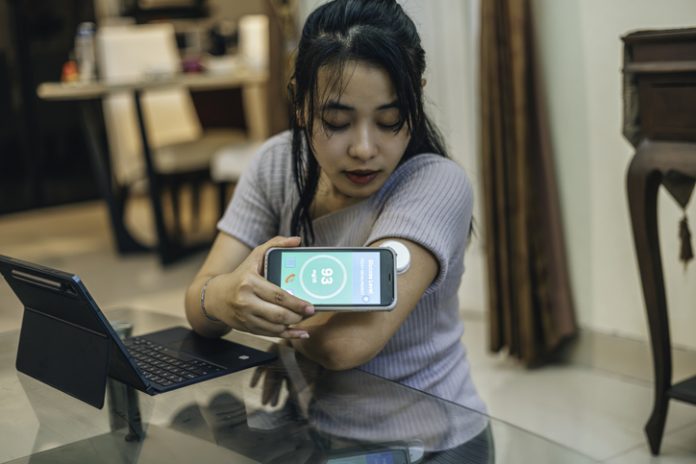Pharmacists’ current understandings and views about self-care were presented by the International Pharmaceutical Federation at the Hague.
The report “Community pharmacy insights: Supporting the need for self-care”, is the latest report produced by FIP. The report details pharmacists’ understanding of the concept of self-care and assesses further needs related to education and training.
Among the findings is confirmation that the majority of respondents believe that pharmacists should be actively supporting and promoting self-care. Pharmacists and pharmacy teams are developing more opportunities to extend their contributions and behaviours to facilitate self-care support for better patient health outcomes, the authors write.
Educating and advising patients about their self-limiting conditions emerged as the most commonly employed approach reported by respondents (79.4%), followed by advising on the use of medication for self-limiting conditions (74.4%) and providing medicines to patients (59.2%). Health education websites are the most widely employed resources used by the respondents to support self-care (44.5%) with similar use of health tracking apps (36.6%) and diagnostic tests (29.8%).
“The primary healthcare context is evolving rapidly, driven by an increasing emphasis on self-care where appropriate. Empowering patients with self-care is a significant way in which pharmacists can support universal health coverage and, as evident throughout this report, community pharmacists recognise the importance of being able to offer effective support activities,” said Professor Ian Bates, Director of the FIP Global Pharmaceutical Observatory.
However, the report also highlights substantial barriers towards optimising self-care activities and enhancing better outcomes in this area, such as inadequate funding and limited access to patient records. It also identifies key themes that could improve community pharmacy practice and overall management for better self-care support delivery, including better use of digital self-care tools and healthcare technologies.
“Educating and training pharmacists to support self-care remains a necessity to bring tangible benefits to patients. This can enhance patients’ health literacy and awareness and assist them to better care for themselves, enhancing economic impacts and maintaining sustainable and efficient services,” Professor Bates said.




